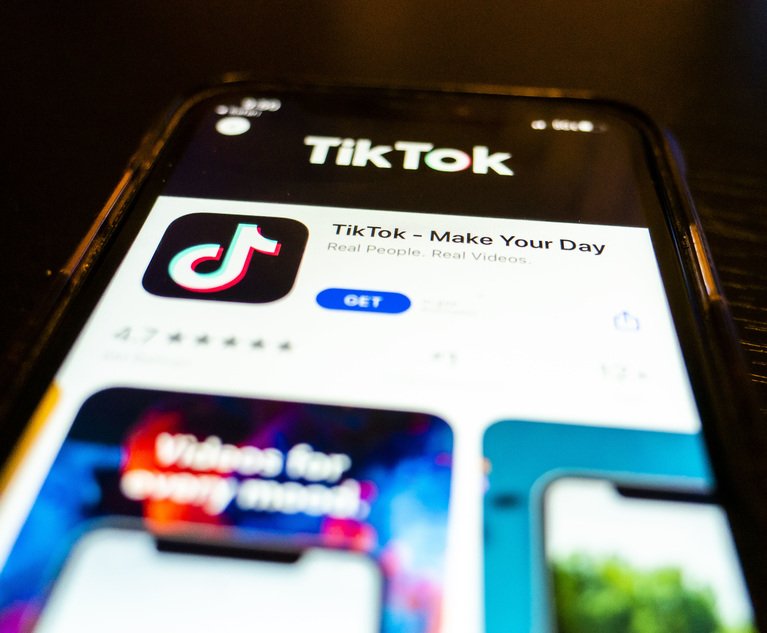 Gen Z and Millennials often learn about insurance policies and coverage options on TikTok. Insureds may lose a valuable resource for connecting with a younger audience if the TikTok ban passes. (Photo: Diego M. Radzinschi/ALM)
Gen Z and Millennials often learn about insurance policies and coverage options on TikTok. Insureds may lose a valuable resource for connecting with a younger audience if the TikTok ban passes. (Photo: Diego M. Radzinschi/ALM)
The U.S. House of Representatives passed a bill on March 13, 2024, that could lead to a ban on TikTok, the popular and lucrative social video app that's become an integral marketing tool for today's businesses.
Recommended For You
Want to continue reading?
Become a Free PropertyCasualty360 Digital Reader
Your access to unlimited PropertyCasualty360 content isn’t changing.
Once you are an ALM digital member, you’ll receive:
- Breaking insurance news and analysis, on-site and via our newsletters and custom alerts
- Weekly Insurance Speak podcast featuring exclusive interviews with industry leaders
- Educational webcasts, white papers, and ebooks from industry thought leaders
- Critical converage of the employee benefits and financial advisory markets on our other ALM sites, BenefitsPRO and ThinkAdvisor
Already have an account? Sign In Now
© Touchpoint Markets, All Rights Reserved. Request academic re-use from www.copyright.com. All other uses, submit a request to [email protected]. For more inforrmation visit Asset & Logo Licensing.







